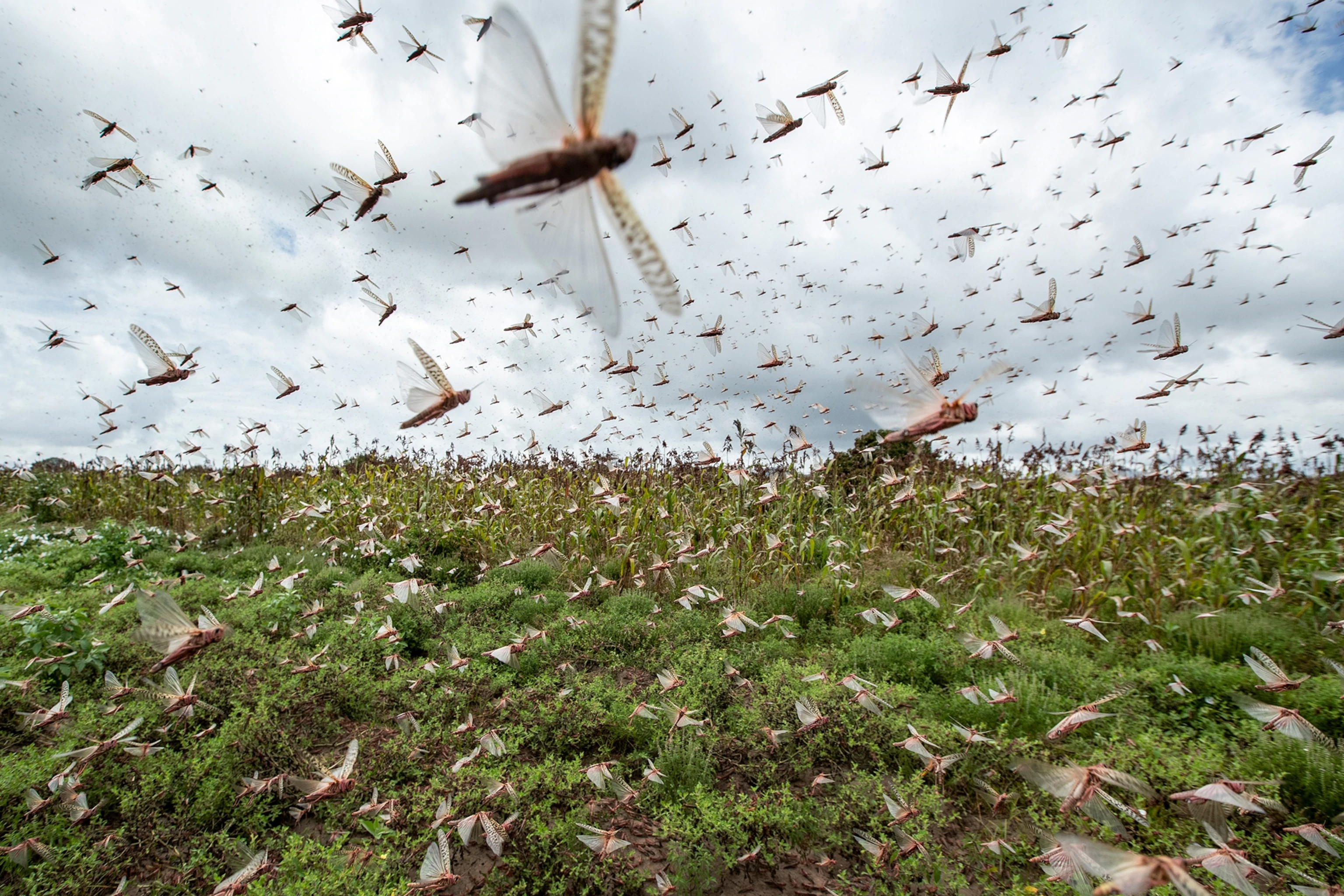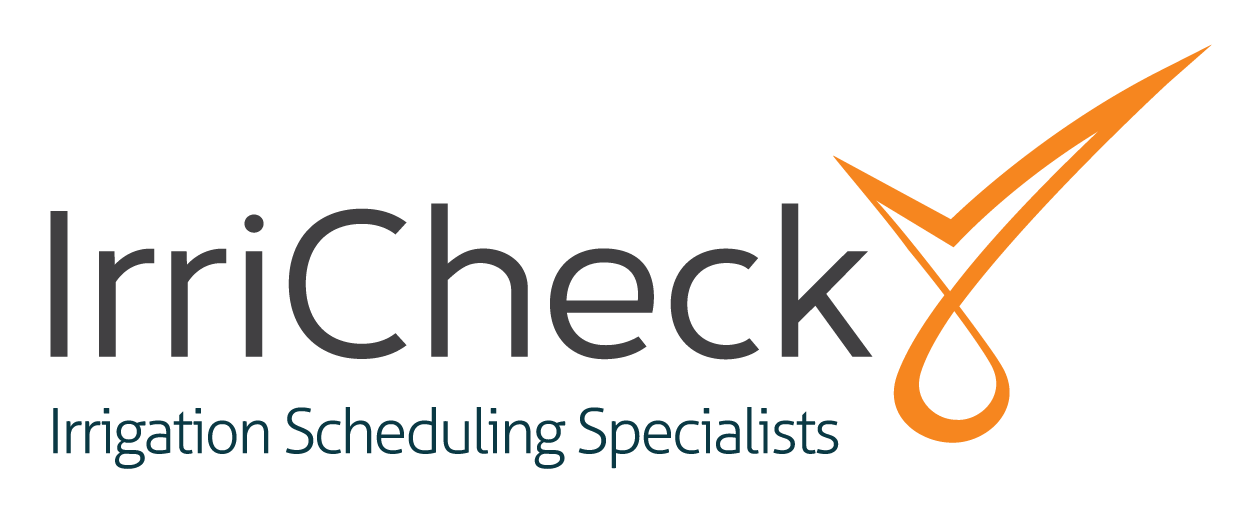
Agri SA warns action needed to prevent locust outbreak in 2023
Agriculture business organisation Agri SA says it is extremely concerned that the 2022/23 summer season will lead to an even greater locust outbreak if no proactive measures are taken now.
South Africa will likely experience further locust infiltration of agriculture areas that will affect yields and the capacity to control the magnitude of the outbreak, says Agri SA risk and disaster manager Andrea Campher.
“Agri SA has secured an urgent meeting with Agriculture, Land Reform and Rural Development Minister Thoko Didiza and Department of Agriculture, Land Reform and Rural Development (DALRRD) director-general Mooketsa Ramasodi to discuss the department’s response to this looming disaster.
“Among the issues to be discussed will be the urgent issuing of locust officers’ contracts, which have not been finalised, securing pesticide supplies and spraying equipment, the distribution of protective equipment for officers, training of new officers, the capacity of the DALRRD to finalise payment claims, and resumption of an open line of communication.
In 2021/22, more than 23-million hectares of land were affected by locust outbreaks. This was the worst outbreak in 25 years.
During this period, the land was infiltrated by locusts, suggesting another bad year for farmers in the coming growing period. As much as 90% of the 23-million hectares of the infiltrated land is agricultural land.
Unless urgent action is taken, 2023 could see even greater losses, she warns.
“Outbreaks are already in full swing in parts of the Northern Cape, Eastern Cape and Western Cape. With the above-normal rains expected this summer according to the South African Weather Service, we can expect devastating swarms in the 2022/23 summer season as locust eggs on the infiltrated land hatch.
“Despite the magnitude of the threat facing the sector, timeous renewal of contracts of locust officers in the affected provinces did not take place which poses a risk to locust control operations,” Campher says.
Further, a number of challenges were encountered in 2021 and 2022, and these also needed to be addressed ahead of time for 2023. Previously, many of these issues were only addressed with the assistance of private sector funding to mitigate the impact of public sector shortcomings.
On a positive note, DALRRD revised the fuel tariffs since 2013 for this coming locust season, which will ensure sustainable controlling operations for officers, she adds.
“Agri SA and its affiliates will continue to make every effort to ensure that farmers are protected from the worst effects of the outbreak, and to ensure that consumers experience minimal disruption to food supplies owing to the outbreak,” says Campher.
Source: Engineeringnews.co.za
